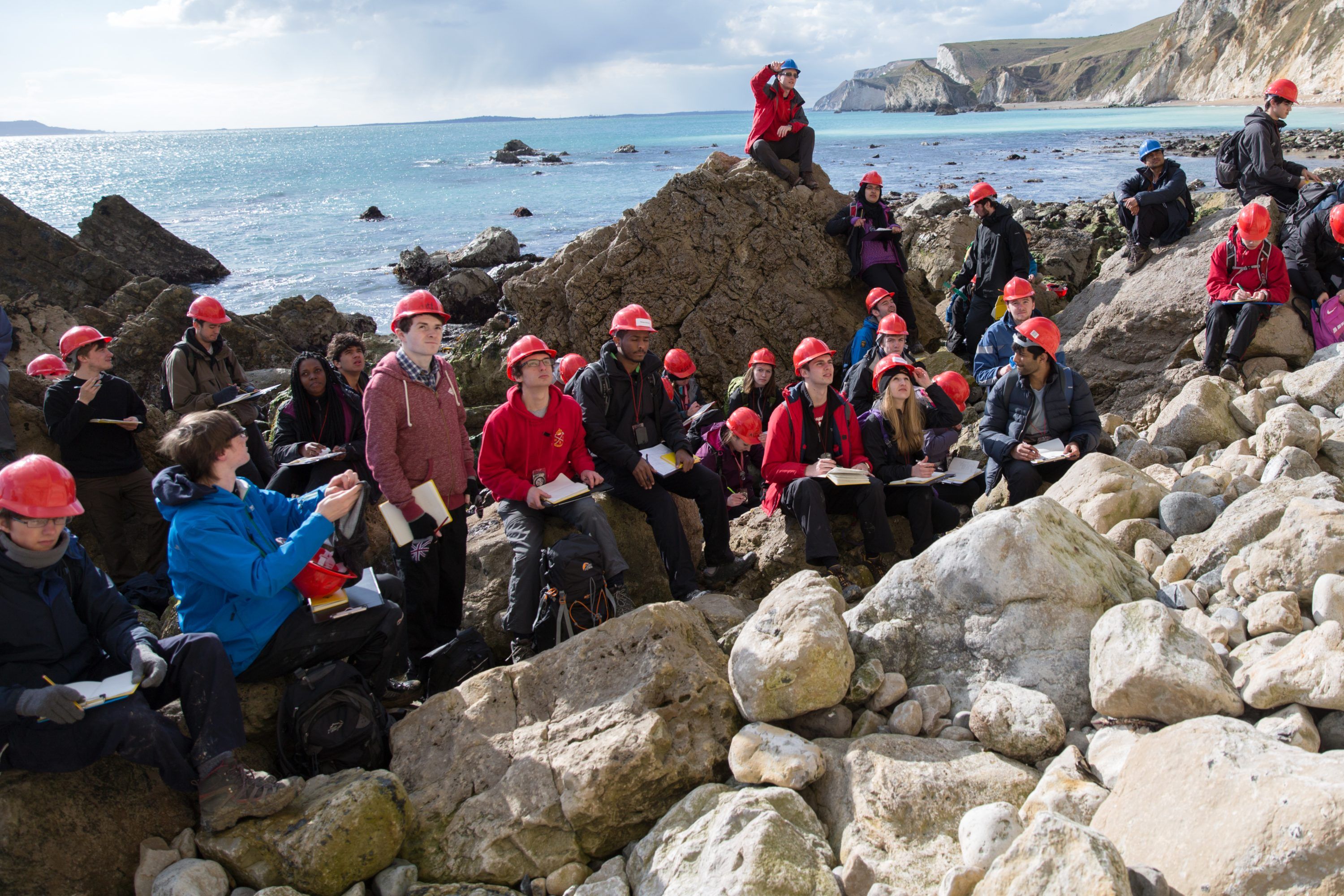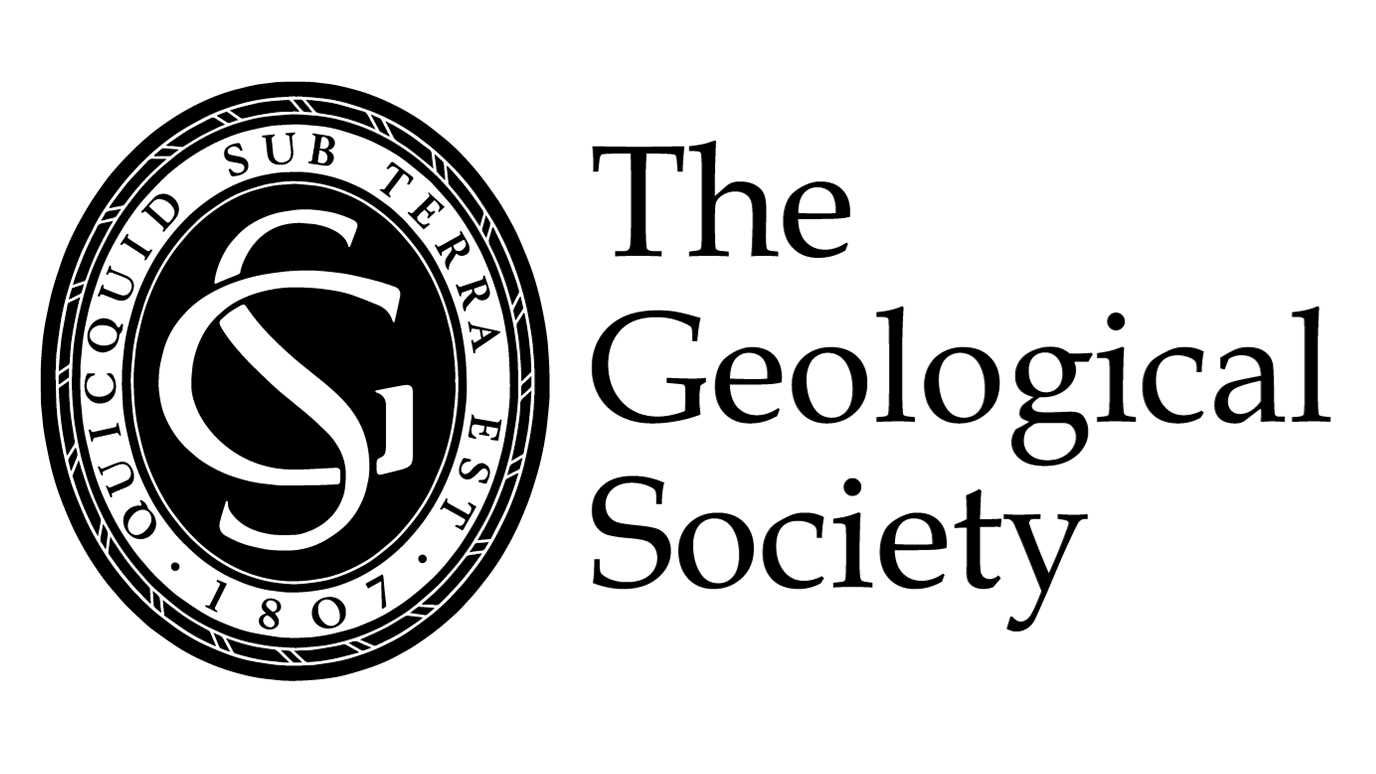
Geophysics
Apply mathematical and physical laws to better understand how our planet works.
Apply mathematical and physical laws to better understand how our planet works
Learn essential skills and apply your knowledge in real-world settings
Draw on different fields – from physics and chemistry, to mathematics and engineering
Course key facts
Qualification
BSc
Duration
3 years
Start date
October 2025
UCAS course code
F662
Study mode
Full-time
-
Fees
£9,535 per year Home
£43,300 per year Overseas
Delivered by
Location
-
South Kensington
-
Applications: places
5 : 1 (2023)
Minimum entry standard
AAA (A-level)
38 points (International Baccalaureate)
Course overview
By studying the Earth's internal core, crust, oceans, atmosphere, and the solar system, we can gain a better understanding of how our planet works.
This course explores how maths, physics and computer modelling can all be used to help further our knowledge of Earth processes.
You'll combine traditional observational and field skills with numerical and analytical fundamental science to understand the Earth more quantitatively.
You'll benefit from our internationally leading research programme, as well as lectures and case studies from business and academic leaders.
As the course progresses, you'll specialise in areas such as marine geophysics and geophysical techniques. You'll also develop your computing expertise towards using specialist electronic mapping packages.
Our courses place a strong emphasis on fieldwork, where you'll learn essential skills and apply your knowledge in real-world settings.
This includes the opportunity to build your familiarity with using technical equipment on a fieldwork trip to Cyprus.
Your final year culminates in the completion of a research project or dissertation, enabling you to explore an aspect of geophysics in greater detail.
Throughout your studies, you'll also develop transferable professional skills such as group working, problem-solving and data analysis.
Structure
This page is updated regularly to reflect the latest version of the curriculum. However, this information is subject to change.
Find out more about potential course changes.
Please note: it may not always be possible to take specific combinations of modules due to timetabling conflicts. For confirmation, please check with the relevant department.
You’ll take the following core modules.
You’ll also choose one optional modules.
Core modules
- Dynamic Earth and Planets
- Stratigraphy and Geomaterials
- Programming for Geoscientists
- Maths Methods 1
- Deforming the Earth
- Geology in the Field
- Physical and Surface Processes
- Volcanism and Internal Processes
- Maths Methods 2
Optional modules
- Chemistry for Geoscientists
- Low Temperature Geochemistry
Professional accreditation
This degree is professionally accredited by the Geological Society of London.
With a professionally accredited degree, you’ll be able to demonstrate to employers that you have achieved an industry-recognised standard of competency. Professional accreditation also provides international recognition of your qualifications, which you can use to launch a career abroad.
Our BSc courses in Earth Science also reduce the number of years of post-graduation experience you need in order to register as a Chartered Geologist (CGeol). This is a highly respected qualification earned by professionals working in the geosciences industries, and can help you to enhance your career prospects and earning potential.
The current accreditation agreement started in 2023, and is due to be renewed in 2029.
Associateship
In addition to your degree, you’ll receive the Associateship of the Royal School of Mines (ARSM) upon completion of this course. This associateship is awarded by one of our historic constituent Colleges.
Teaching and assessment
Teaching and learning methods
-
Lectures
-
Tutorials
-
Field work
-
Group exercises
-
Laboratory work
Balance of assessment
Key
- Coursework
- Practical
- Examination
Year 1
- 15% Coursework
- 20% Practical
- 65% Examination
Year 2
- 10% Coursework
- 15% Practical
- 75% Examination
Year 3
- 15% Coursework
- 35% Practical
- 50% Examination
Assessment methods
-
Written examinations
-
Coursework
-
Reports
-
Poster presentations
-
Seminars
-
Oral assessments
Testimonials
Entry requirements
We consider all applicants on an individual basis, welcoming students from all over the world.
Minimum entry standard
AAA
To include:
- A in Mathematics
- A in Physics
Not accepted: General Studies and Critical Thinking
Science Practical Endorsement: If you are made an offer you will be required to achieve a pass in the practical endorsement in all science subjects that form part of the offer.
Typical offer
AAA to A*AA
Made to at least 80% of 2023 A-level applicants.
Support for widening participation applicants
Our contextual admissions route for UK applicants may entitle you to additional considerations within the application process to help us form a more complete picture of your potential to succeed at Imperial.
Find out more about who is eligible and what support you may receive.
How to apply
Applications are closed for 2025 entry
Applications are closed for 2025 entry.
This department does not use a test as part of its selection process.
Predicted grades and scores in your application are important, but it’s not the only thing that drives the decision.
Our selectors will also consider things like your and your to understand whether there is a good match between you and your chosen subject and department at Imperial.
You can read more about our selection process, including tips on writing a personal statement, in our section.
Assessing your application
Admissions Tutors consider all the evidence available during our rigorous selection process and the College flags key information providing assessors with a more complete picture of the educational and social circumstances relevant to the applicant. Some applicants may be set lower offers and some more challenging ones.
If your UCAS application indicates that you are likely to satisfy our requirements you will be invited to participate in an interview, which may be online.
You will be introduced to the Department, the staff, our courses, teaching facilities and methods and life at College by staff and our current students. You will have an interview online with a member of the academic staff.
The interview is a chance for us to get to know each other, and we consider all aspects of your application fully when deciding whether to make you an offer. We will also take the comments of the staff member who has interviewed you into account, particularly when we decide after A-levels whether to confirm a place should you marginally fail to meet the terms of your offer.
An ATAS certificate is not required for students applying for this course.
All of our courses follow a similar syllabus for the first two years.
This high level of shared content means you may transfer between all our Geology and Geophysics courses up to the start of spring term in the first year if you meet the original entry requirements for the course you want to transfer to.
As a result, you are encouraged to only apply for one course within the department.
- Transfer onto our Year Abroad courses is not normally possible as places at our partner institutions are limited.
- Transfer to the equivalent three-year BSc course is normally allowed up until the start of year three.
If you are an international student, transferring to a different course could have an impact on your student visa.
Please visit our International Student Support webpage for further information.
Year abroad
Language requirement
Teaching is in the language of your host country in France and Germany, so you will need to reach an acceptable proficiency in the relevant language before you go. Free language classes are available at the College to help you prepare.
Availability
There are limited places available on the Year Abroad programme, which means that competition for selection is strong and a placement cannot be guaranteed.
Normally, only students with marks of 60% or above will be eligible for placements in France and Germany. Only students with marks of 70% or above will be eligible for placements in the USA.
Please note the list of universities located abroad that the Department currently has partnerships with is illustrative.
Partnerships with universities are subject to continuous review and individual partnerships may or may not be renewed.
Fees and funding
Home fee
2025 entry
£9,535 per year
Important update for 2025 entry
The UK government has announced that, starting in April 2025, maximum tuition fees for Home undergraduate students in England will increase from £9,250 per year to £9,535. Find out more.
Your fee is based on the year you enter the university, not your year of study. This means that if you repeat a year or resume your studies after an interruption, your fees will only increase by the amount linked to inflation.
Find out more about our , including how inflationary increases are applied to your tuition fees in subsequent years of study.
Whether you pay the Home or Overseas fee depends on your fee status. This is assessed based on UK Government legislation and includes things like where you live and your nationality or residency status. Find out .
If you're a Home student, you can apply for a from the UK government to cover the entire cost of tuition for every year of your course.
The loan is paid directly to the university.
You will start repaying it only after you leave your course, have a job, and are earning above a certain amount.
Once the repayments start, the amount you pay each month depends on how much you earn, not on how much you owe in total.
Home students can apply for a means-tested to help with their living costs.
In November 2024, the UK government announced a 3.1% increase in English Maintenance Loans for 2025-26.
How you apply for student finance depends on whether you have studied before and where you’re from or normally live. Find out more on the UK government's website.
The is available to all Home undergraduate students with a household income below £70,000 per year.
The amount awarded is based on your household income, with up to £5,000/year available for students from the lowest income households.
It's money which you don't need to pay back, and it's paid on top of any government funding you may also receive.
It is available for each year of your course, as long as your annual household income remains below £70,000.
.
You might need to budget for additional costs related to your course that aren't covered by your tuition fees – like field trips, books and protective clothing.
Our extra costs page outlines the additional costs related to courses in each of our departments. It's not an exhaustive list and any additional costs you could incur will be determined by the course and modules you choose.
How will studying at Imperial help my career?
91% Of Imperial Earth Science & Engineering graduates in work or further study*
- 91% Of Imperial Earth Science & Engineering graduates in work or further study*
- 9%
86% Of Imperial Earth Science & Engineering graduates in highly skilled work or further study*
- 86% Of Imperial Earth Science & Engineering graduates in highly skilled work or further study*
- 14%
*2020-21 graduate outcomes data, published by HESA in 2023
In today's global challenges, earth science graduates are needed more than ever.
Develop the essential core knowledge and skills for an earth sciences career.
Become a geologist, geochemist, or geophysicist with highly sought-after skills in space-related jobs.
Our graduates often pursue further study in master's programs or doctoral research.
Other potential career paths include geologists, risk consultants, geophysicists, consultants and research assistants.
Further links
Contact the department
- Telephone: +44 (0)20 7594 1279
- Email: admit.earth@imperial.ac.uk
Visit the Department of Earth Science and Engineering website.

Request info
Learn more about studying at Imperial. Receive useful information about our life in our undergraduate community and download our latest Study Guide.

Events, tasters and talks
Meet us and find out more about studying at Imperial.

Course data
Terms and conditions
There are some important pieces of information you should be aware of when applying to Imperial. These include key information about your tuition fees, funding, visas, accommodation and more.
You can find further information about your course, including degree classifications, regulations, progression and awards in the programme specification for your course.
Programme specifications